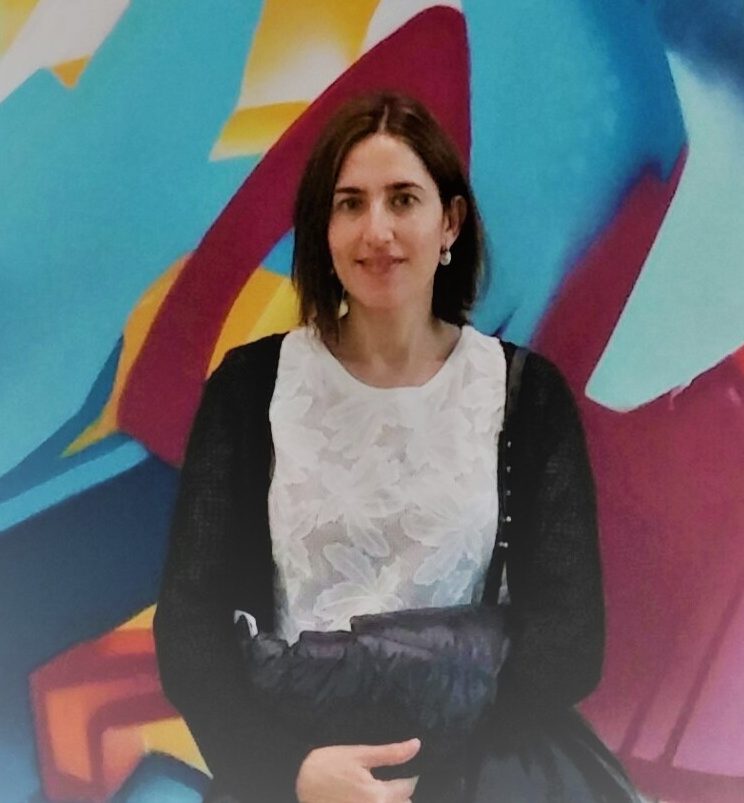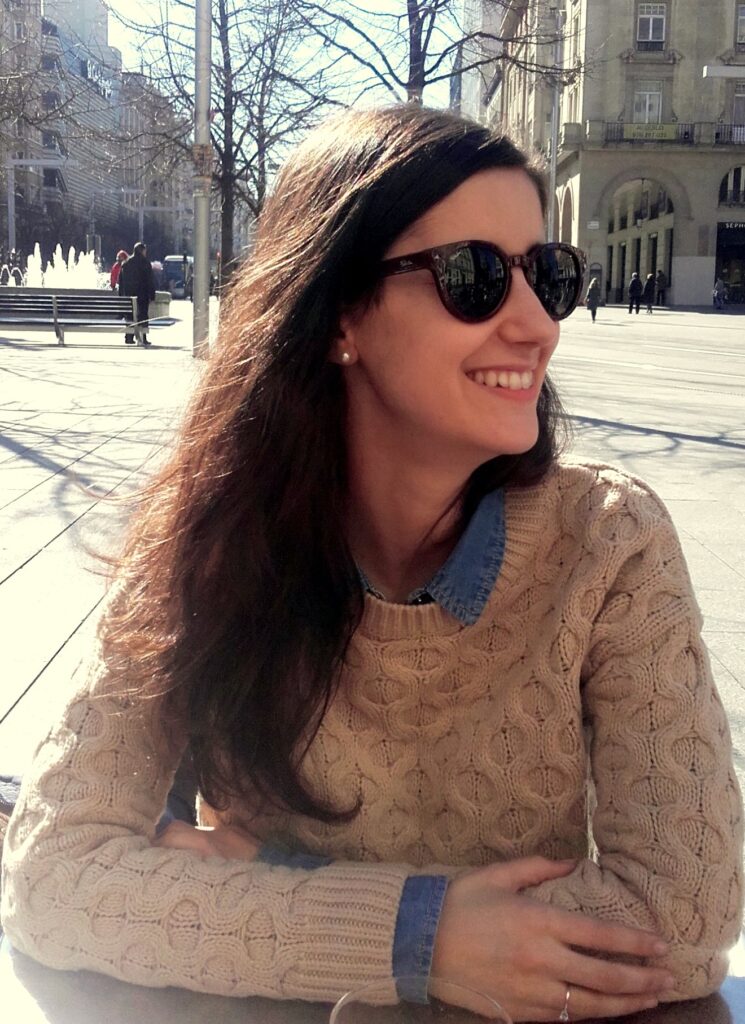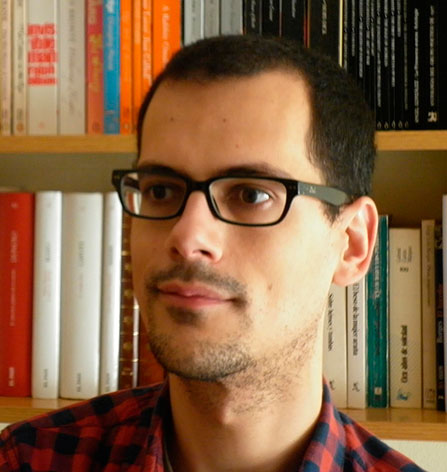

Dr.Baelo-Allué welcomes prospective PhD students interested in studying contemporary U.S. fiction and/or multimodal literature. She especially welcomes research that explores the interaction between post-classical trauma studies and critical posthumanism. Additionally, research projects focused on examining how contemporary fiction reflects the dynamics of human/non-human techno assemblages resulting from digitalization, datafication, Artificial Intelligence (AI), social media platforms, Information and Communication Technology (ICT), and their ecological impact are highly encouraged.
Dr. Calvo-Pascual welcomes working with students interested in present day U.S. and Canadian fiction, speculative fiction, and narratives of the Anthropocene, with a critical eye on issues of gender, sexuality, environmental concerns, and the porous boundaries between the human and the non-human. Proposed theoretical frameworks include critical posthumanism, new materialism, feminism, and LGBTQ studies.


Dr. Ferrández-Sanmiguel welcomes prospective PhD students interested in studying contemporary US fiction, speculative fiction (SFF) or narratives of the Anthropocene with a special focus on the posthuman, the nonhuman animal and/or matter. She welcomes research that examines representations of the porous nature of the (post)human and/or the vulnerability that emerges from the materiality of all bodies and beings. Projects that explore the agency and performativity of matter, the consciousness and subjectivity of nonhuman animals, and/or the concept of the posthuman wound are particularly welcome. Proposed theoretical frameworks include critical posthumanism, critical animal studies and/or the new materialisms, as well as (postclassical) trauma theory.
Dr. Peinado-Abarrio welcomes prospective students interested in exploring the work of contemporary authors of the United States. In particular, he welcomes research that addresses narrative texts dealing with experiences of trauma and forced migration from a critical posthumanist perspective, as well as projects focused on fragmentary writing by present day female authors examining questions of identity, motherhood, and pregnancy in the context of the Fourth Industrial Revolution.


Dr. Chapman welcomes future PhD students interested in contemporary U.S. or Canadian fiction. Possible theoretical frameworks include neuroscience (agency, body-mind relation, etc), body-mind representations (mental disorders and/or disability studies), human and non-human interactions and/or merging boundaries (natural/animal and machines) in literary works where technology is present (Artificial Intelligence, digital realities, etc).
